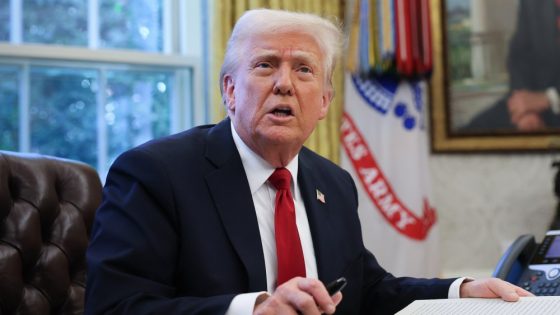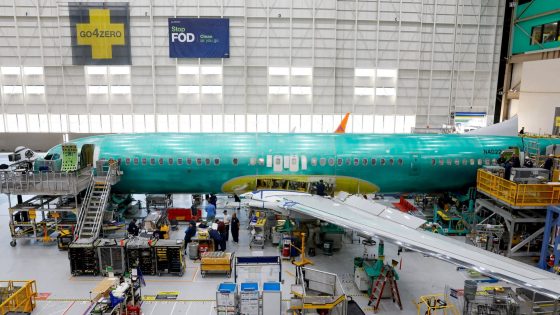Hollywood executives convened on Zoom on Friday to discuss President Trump’s proposed film tariffs, a move that could significantly impact the industry. The meeting, led by Motion Picture Association chief Charles Rivkin, aimed to clarify the complexities of film production and the potential repercussions of such tariffs.
- Hollywood executives meet to discuss film tariffs
- Complexity of film business highlighted in discussion
- U.S. film production concentrated in specific states
- President Trump open to meeting studio chiefs
- Concerns over impact of proposed tariffs
- MPA spokesperson unavailable for comment
The leaders from major studios and streaming services, including Disney and Warner Bros., emphasized that many films are still produced in the U.S., particularly in states like Georgia and New York, which offer attractive incentives. As they prepare for a possible meeting with Trump, they hope to highlight the $15 billion trade surplus the U.S. enjoys in film exports.
The looming question remains: how will these tariffs affect the future of film production? Executives are concerned that if enacted, the tariffs could lead to a drastic decline in U.S. film production and provoke retaliatory measures from foreign countries. Key points include:
- The potential for a 100% tariff on films produced abroad.
- Uncertainty about whether tariffs would apply to TV and streaming films.
- Concerns over financing models for film production.
As discussions continue, it’s crucial for industry leaders to engage with policymakers to safeguard the future of American cinema. Will they succeed in their efforts?






























